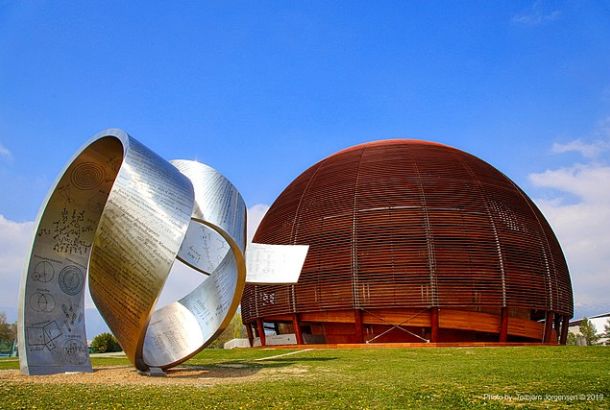Pharmacist service could save NHS £651 million

Researchers from the Universities of Manchester, Nottingham, and University College London, have calculated that a pharmacy service could potentially save the NHS millions of pounds.
The New Medicine Service (NMS) is a system that allows pharmacists to provide support and advice to patients taking new medication for long-term conditions such as asthma, high blood pressure, and Type 2 diabetes. The NMS was set up after psychologists found that adherence to new medicines was often an issue within the first two weeks of being prescribed a long-term drug.
A paper published in 2016 showed that 11% more patients adhered to their medication regimen after 10 weeks when they used the NMS. The present study, published in BMJ Quality and Safety, followed up with the same patients after 26 weeks, and showed that an extra 9% still adhere to their regimen when using the NMS.
Professor Rachel Elliott, lead researcher from the University of Manchester, said, “The New Medicine Service has proved to be a simple, deliverable intervention which helps patients and saves the NHS money.
“The NMS workload had been absorbed into busy community pharmacists’ daily routines alongside existing responsibilities with no extra resources or evidence of reduction in other responsibilities.
“As health care professionals, we sometimes underestimate the problems patients face around their medicines. Patients often decide to stop taking their pills when they see no difference in their symptoms, experience side effects, have found information from other sources such as the internet, or can’t afford prescription charges.
“The results of this longer-term follow-up suggests NMS helps people when the medicine is started, and some effect lasts for quite a long time. However, reviewing medicines-taking, for example, every six months, is probably needed to continue the support patients need around taking medicines. And we think clinical pharmacists, now often based in primary care doctor’s practices may be able to integrate NMS, and follow-up support, into their role.”
Between 2011 and 2018, community pharmacists in over 12,000 pharmacies have delivered 5.7 million consultations as part of the NMS. As well as improving the long-term health of patients, the researchers also found that it will reduce overall costs for the NHS – a hot topic for political parties in this month’s general election.







